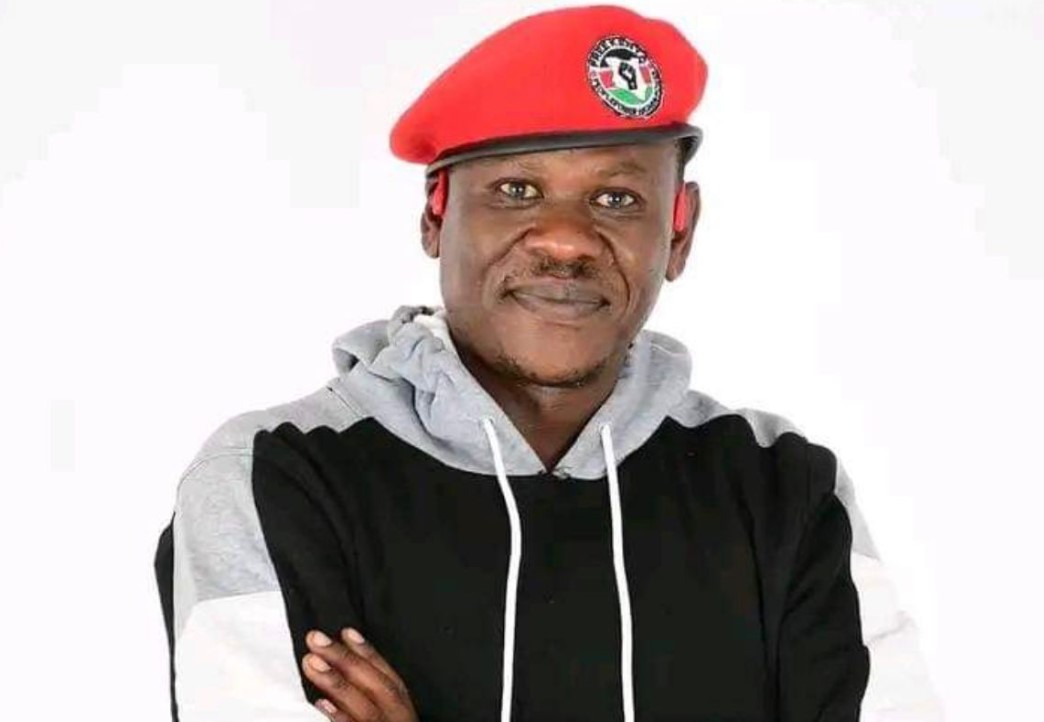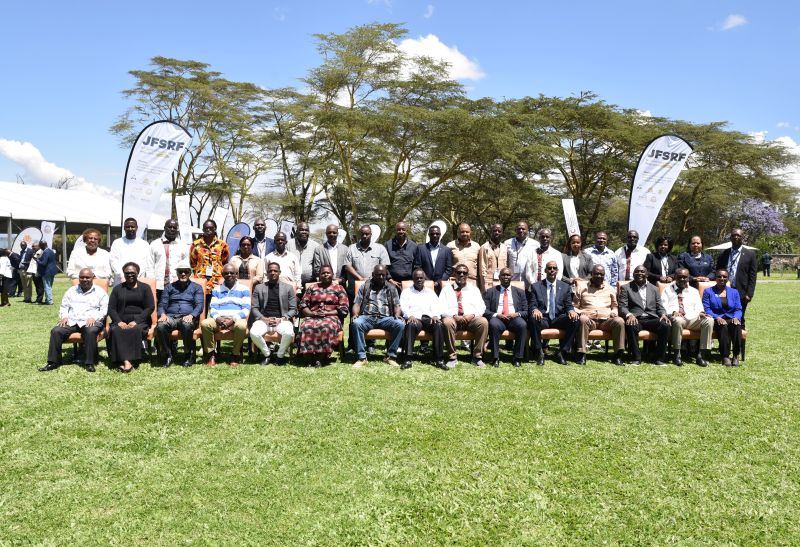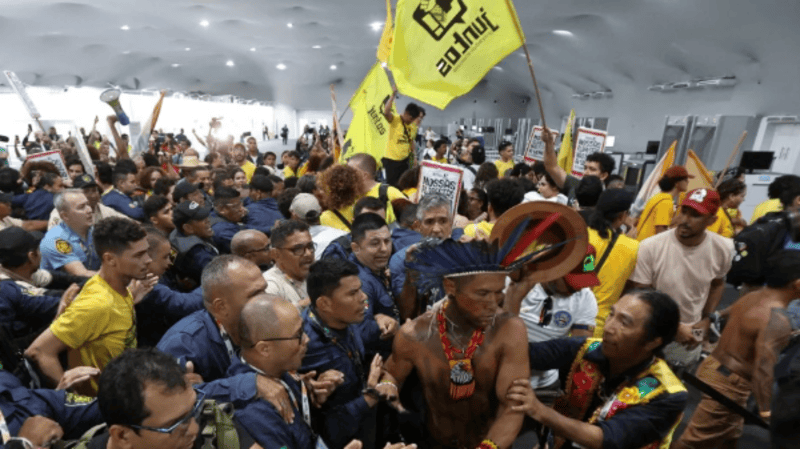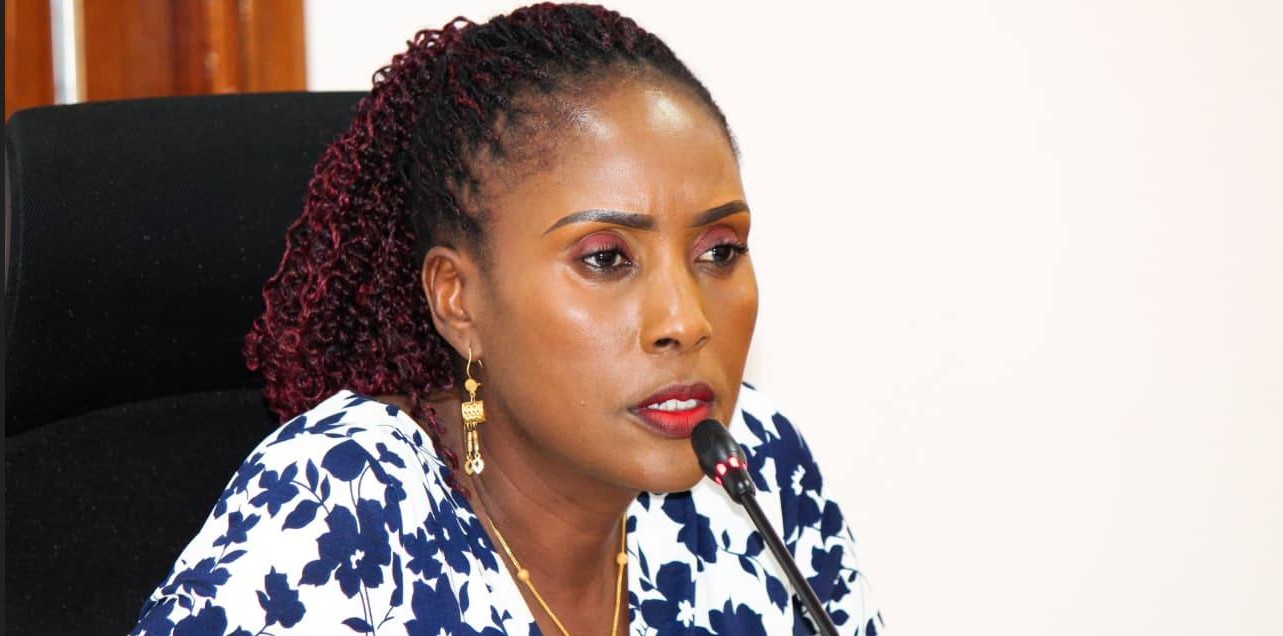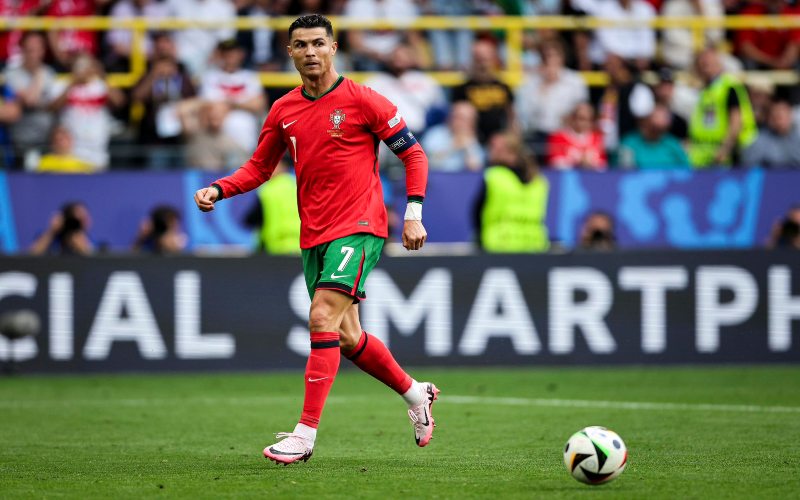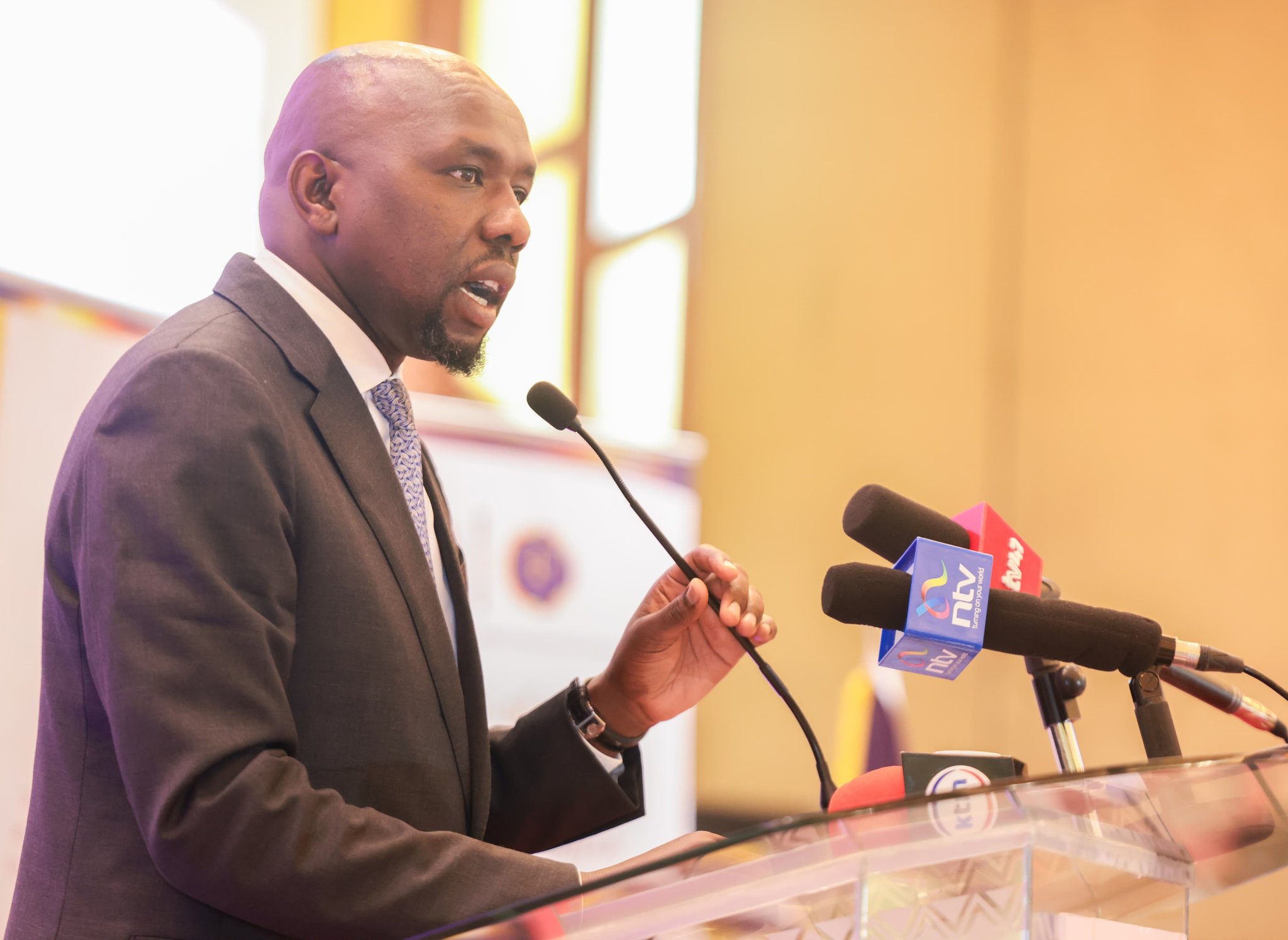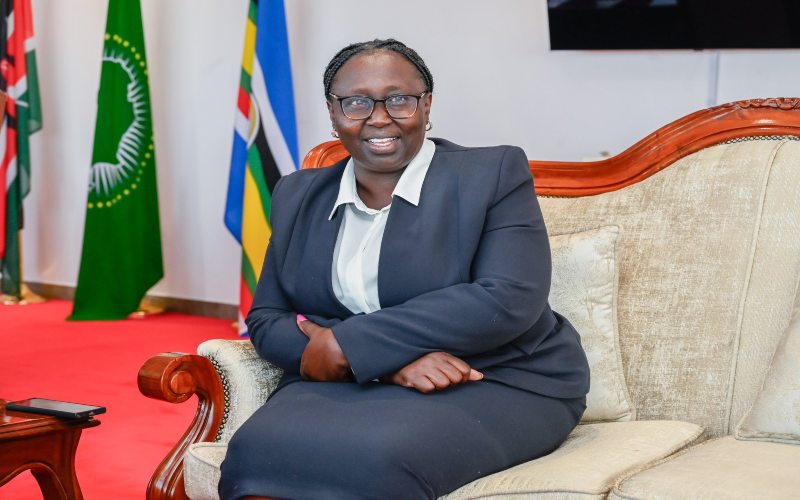Kenya’s violent protests tarnish Ruto’s camaraderie with the West
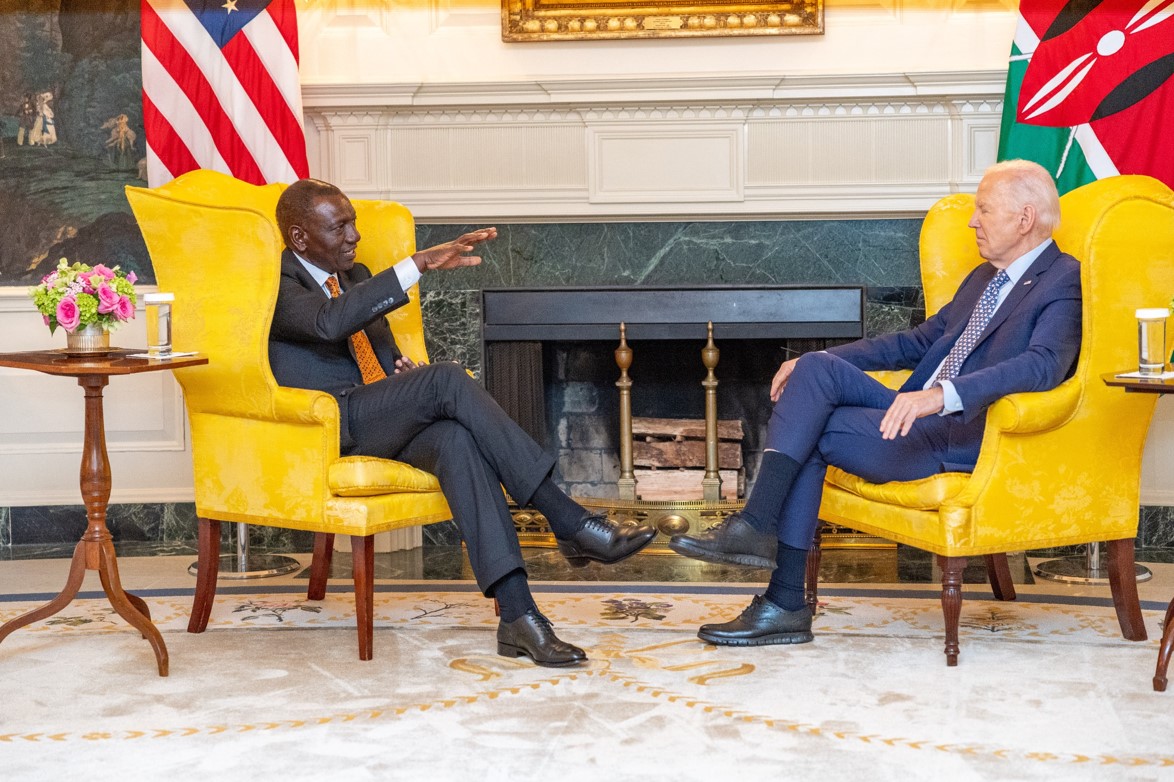
Kenya is one of the few countries in Africa that are still considered a stable partner in Europe and the USA.
Following deadly protests in Kenya’s capital, Nairobi, on Tuesday, The New York Times reported that the street turmoil dealt a blow to American President Joe Biden's administration’s strong support for President William Ruto, a key US ally in a continent where American influence is rapidly diminishing.
Just a day before, President Biden had officially designated Kenya as a major non-NATO ally, and Ruto had overseen the departure of 400 Kenyan police officers to Haiti on a controversial security mission largely funded by the United States.
More To Read
- Police to deploy senior investigators as Rex Masai inquest uncovers new witnesses
- Pentecostal Voice of Kenya warns of worsening corruption, lawlessness in Kenya
- That’s not me – police officer accused of shooting Rex Masai claims mistaken identity
- NCIC blames youth exclusion, poor leadership for deadly Gen Z protests, urges national dialogue
- Over 1,000 national ID cards destroyed in fire during protests in Ol Kalou
- Businesses reeling: Nairobi faces massive losses after June 25 memorial unrest
The non-NATO ally status, facilitating increased security collaboration between Kenya and the United States, was a major outcome of President Ruto’s recent state visit to Washington, the first by an African leader in 16 years.
During the visit, he was honoured with a state dinner at the White House attended by celebrity guests and former President Barack Obama, whose father hailed from Kenya.
For Ruto, the state visit marked the pinnacle of his presidency which has so far been marked by extensive global travel. Since winning a hotly contested presidential election in August 2022, he has visited numerous countries.
For the Biden administration, the visit represented an opportunity to solidify a crucial partnership in Africa amid growing influence from competitors like Russia and China.
Ruto, who had garnered support from Western nations and the European Union for his staunch advocacy of radical reforms to the international financial system and increased debt relief to boost economic growth across Africa, is now facing growing unpopularity due to the recent intense protests witnessed in the country.
These protests are in response to stringent economic measures he deemed necessary to stabilise Kenya’s struggling national finances.
In recent weeks, the discontentment has continued to grow on social media, against the Kenyan government, against the IMF, and also against the USA.
President Ruto, in a specially rented, extra-large plane from the United Arab Emirates, recently flew to Washington for the state reception and was courted there while it was bubbling at home.
“We are being colonised again,” many protestors shouted in Nairobi on Tuesday.
Kenya is one of the few countries on the African continent that are still considered a stable partner in Europe and the USA.
Large parts of the Sahel zone, and also West Africa, have turned away from the West and partly to Russia.
The Kenyan government spokesperson Isaac Mwaura, along with other ruling party leaders, now suggests that foreign powers may be behind the anti-Finance Bill protests by Kenyan youth.
During a briefing last Saturday, Mwaura acknowledged the genuine concerns being raised but also hinted at potential political motives behind the protests.
"Gen Zs, please listen to me. I have heard from many who are genuine and form the majority, but there appears to be a faction where, from my perspective, there could be foreign involvement in this entire issue," he said.
Mwaura said that President Ruto has been steadfast in his international commitments, which may have led to discontent among certain groups.
He highlighted recent remarks made by Ruto at the Ukraine Peace Summit in Switzerland, where he called for an end to Russia's aggression against Ukraine, as one of the contentious issues.
Yet, President Ruto acts entirely in the spirit of the Western partners.
Now, the West faces a dilemma: how to handle a partner who uses force against demonstrators and is increasingly losing favour with his people?
Following Tuesday’s events, several embassies, including the United States, issued a joint statement.
As “friends and partners of Kenya,” they expressed deep concern over the violence during the protests and lamented the tragic loss of life resulting from the use of live ammunition.
“Frankly, Kenyans do not care. That tepid statement by embassies and high commissions sealed the deal,” said Nanjira Samnbuli, a foreign policy analyst.
She argued that this entire affair has highlighted the importance of prioritising domestic concerns in foreign policy, akin to the principle that charity begins at home.
“Kenyans are redeeming every aspect of their representation, domestic and foreign. And reactions to the diplomatic corps statement is proof of exactly that,” Nanjira told The Eastleigh Voice.
Kenya, with a predominantly young and educated population, has watched how the “international community” has responded to other crises regionally and beyond.
The European Union, which on Monday approved a €20 million (Sh2.7 billion) assistance under the European Peace Facility to enhance the operational capabilities of the Kenya Defence Forces, has commended Kenya for its leadership on the Haiti mission.
Josep Borrell, the High Representative of the European Union for Foreign Affairs and Security Policy, has not yet commented on the situation in Kenya, nor has the EU delegation in Nairobi.
However, some European Union member states issued a statement on Tuesday following the protests, which tragically escalated when demonstrators occupied parliament.
“The UNSC-authorised Multinational Security Support Mission in Haiti is key to supporting the government’s work to restore security and the rule of law. We praise Kenya for its leadership,” Borrell posted on X on Wednesday.
Top Stories Today
